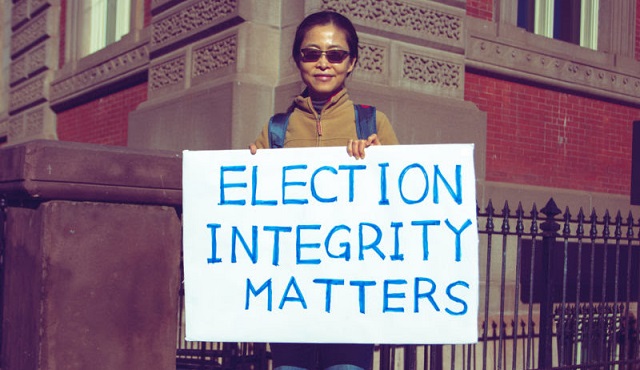Supreme Court Accepts Historic Case That Would Reshape Powers of Legislatures To Set Election Rules

It will determine the future of our Constitutional Republic, solidifying Article I, Section 4, Clause 1 of the Constitution giving State legislatures primary responsibility for setting election rules and deciding validity Elector Slates.
Supreme Court accepts historic case that could reshape powers of legislatures to set election rules
Case was brought by North Carolina’s GOP House speaker
By: Just The News, June 30, 2022:
The Supreme Court agreed Thursday to hear a major election case regarding North Carolina GOP lawmakers having the authority to draw a partisan election map without state judges’ interfering.
The decision could impact future congressional and presidential elections. The high court will take up the case when its next term begins in October.
The, case of Moore vs. Harper, asks the court to uphold the concept – known as the “independent state legislature” theory – that state legislators have the sole and “independent” authority to set rules for federal elections in their states, without interference or oversight by the governor or the state judges.
North Carolina GOP House Speaker Timothy Moore asked the high court to consider the case on appeal of his own state Supreme Court’s decision earlier this year to strike down the theory relating to a gerrymandering case.
Critics of the theory argue that it would reduce judicial oversight of election rules.
The theory “would give state legislatures wide authority to gerrymander electoral maps and pass voter suppression laws,” according to the liberal-leaning Brennan Center for Justice think tank.
AUTHOR
Pamela Geller
RELATED ARTILE: Texas Republican Party Declares Homosexuality An ‘Abnormal Lifestyle,’ Calls On SCOTUS To Overturn Obergefell v. Hodges
EDITORS NOTE: This Geller Report is republished with permission. ©All rights reserved.


Leave a Reply
Want to join the discussion?Feel free to contribute!